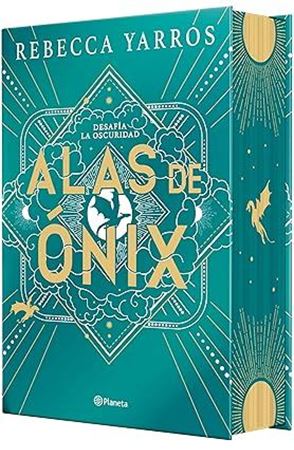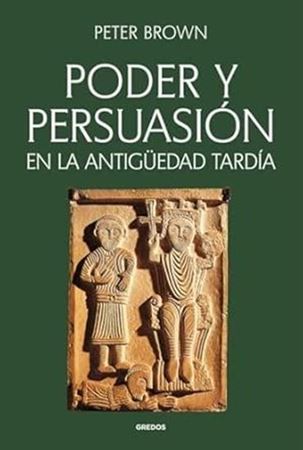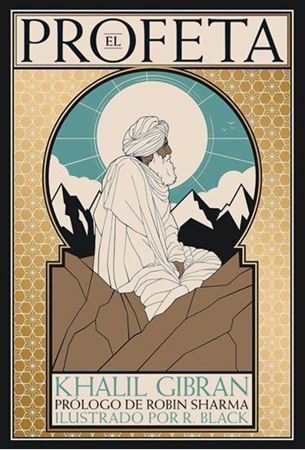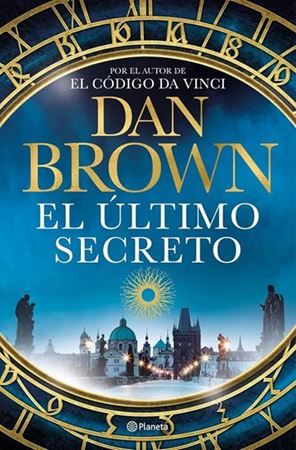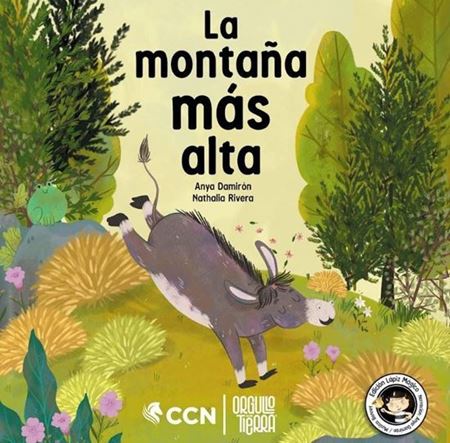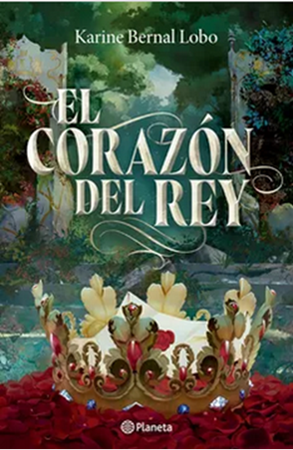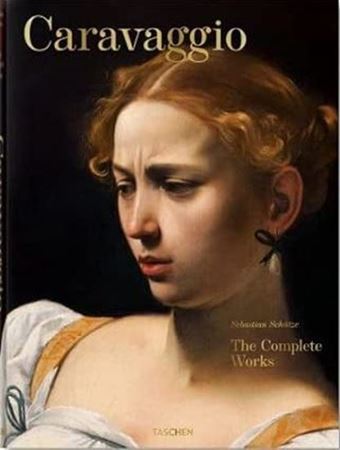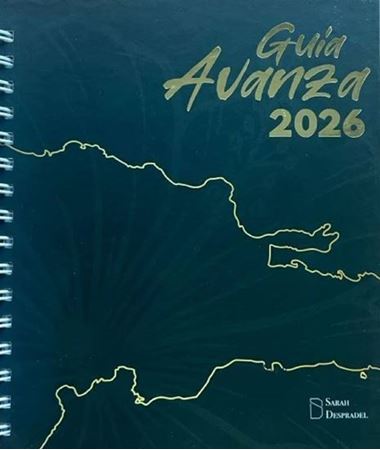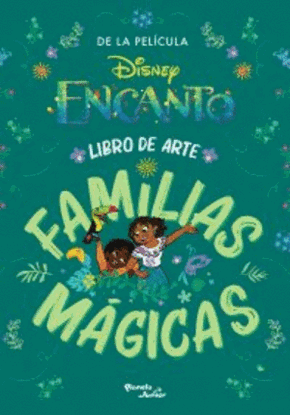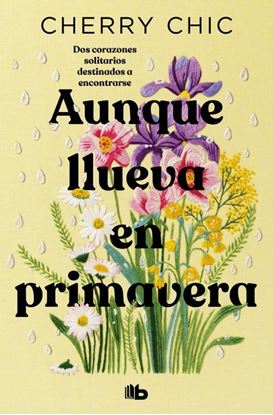

NOVEDADES
PIXAR. LIBRO DE ARTE
¡Inspírate en el universo de PIXAR para despertar a tu artista interior!
Sumérgete en el mundo de tus películas favoritas con este libro repleto de actividades de arte y dibujo. Colorea fabulosas imágenes, crea asombrosos diseños y disfruta con desafíos perfectos para amantes de la diversión.
¡Abre el libro y que comience la aventura!
650
520
ENCANTO. LIBRO DE ARTE Y FAMILIAS MAGICA
Te proponemos actividades y ejercicios divertidísimos para que puedas sumergirte de lleno en la historia de tu familia de la forma más entretenida.
Además, podrás crear fabulosas y coloridas obras de arte de la mano de Mirabel y tus personajes favoritos de la película.
Abre este libro y que comience la aventura!
650
520
TOCA Y APRENDE: COLORES
Una forma interactiva y divertida de ayudar a tu hijo a aprender no solo palabras, sino también formas y texturas. Las imágenes llamativas y brillantes y las coloridas ilustraciones mantienen la atención del bebé.
Perfecto para niños pequeños y un regalo ideal para bebés.
650
520
TOCA Y APRENDE: BUENAS NOCHES
El mejor libro para antes de dormir. Los elementos táctiles y las encantadoras imágenes fomentan el desarrollo de las habilidades motoras y el aprendizaje temprano.
Una forma interactiva y divertida de ayudar a tu hijo a aprender no solo palabras, sino también formas y texturas. Las imágenes llamativas y brillantes y las coloridas ilustraciones mantienen la atención del bebé.
650
520
TODO LO QUE QUIERO ERES TU (LI) (BOL)
Una escritora de novela romántica que quiere pasar página.
Un bombero incapaz de olvidarla.
Una historia que demuestra que, donde hubo fuego siempre quedan cenizas.
Querido Santa:
Todo lo que quería esta Navidad era estar en Nueva York y besar a un tío bueno en Nochevieja o, al menos, terminar la novela romántica que estoy escribiendo. Lo que no estaba en mi lista de deseos era heredar el Polaris, el bed and breakfast de mi familia, después de que lo destruyera un incendio. Y menos aún compartirlo con Jack Halliday, mi exnovio, ahora bombero y manitas oficial de Sunnyside, el encantador pueblecito de California al que juré no regresar.
Jack está empeñado en completar la reforma del Polaris, reabrirlo antes de Nochebuena y convertirse en el salvador del espíritu navideño. Y yo, querido Santa, lo único que quiero es venderlo, deshacerme de los recuerdos y perder de vista al hombre que me rompió el corazón.
Fdo: Mia Summers
650
520
AUNQUE LLUEVA EN PRIMAVERA (LI) (BOL)
Existe un lugar en el mundo, entre pastos verdes, ríos helados y calles empedradas, en el que el sol no sale mucho y, aun así, congrega a los habitantes más cálidos que puedas imaginar.
Allí vive Lilibeth, nuestra protagonista, que regenta la única escuela del pueblo. Adora a sus alumnos, bordar la ropa que compra con pequeñas flores, el te, cuidar su jardín y reunirse con sus seres queridos. Es una chica afable, dulce y risueña, o eso es lo que te diría cualquier vecino de Havenwish.
Cualquiera menos Blake, que llegó al pueblo hace poco y no tiene muy buena opinión sobre la maestra de su hija pequeña.
650
520

